Plastics Treaty INC-3
See all of our resources and updates on the Plastics Treaty INC-3 on our StopPoisonPlastic.org website.
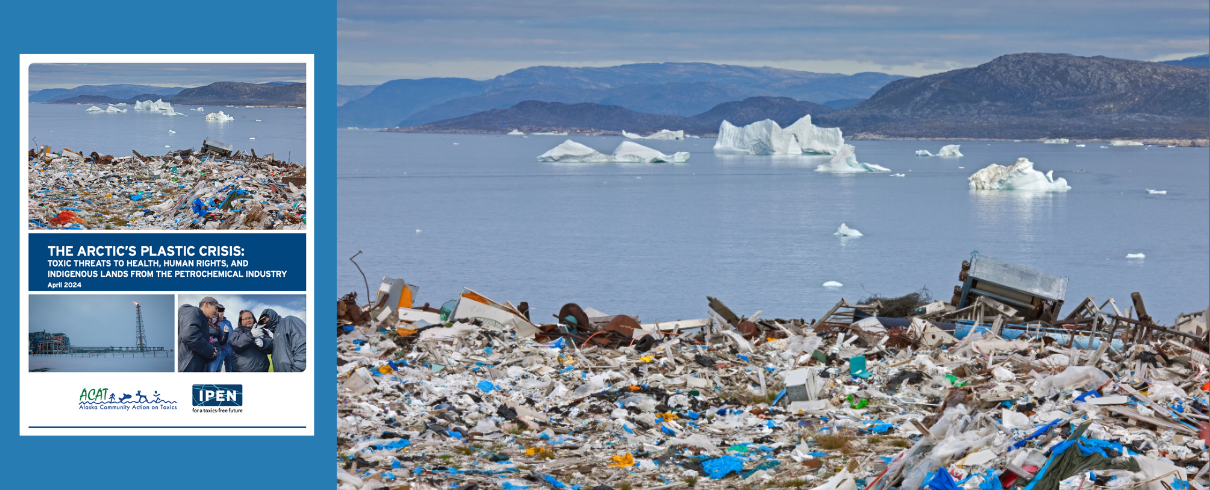
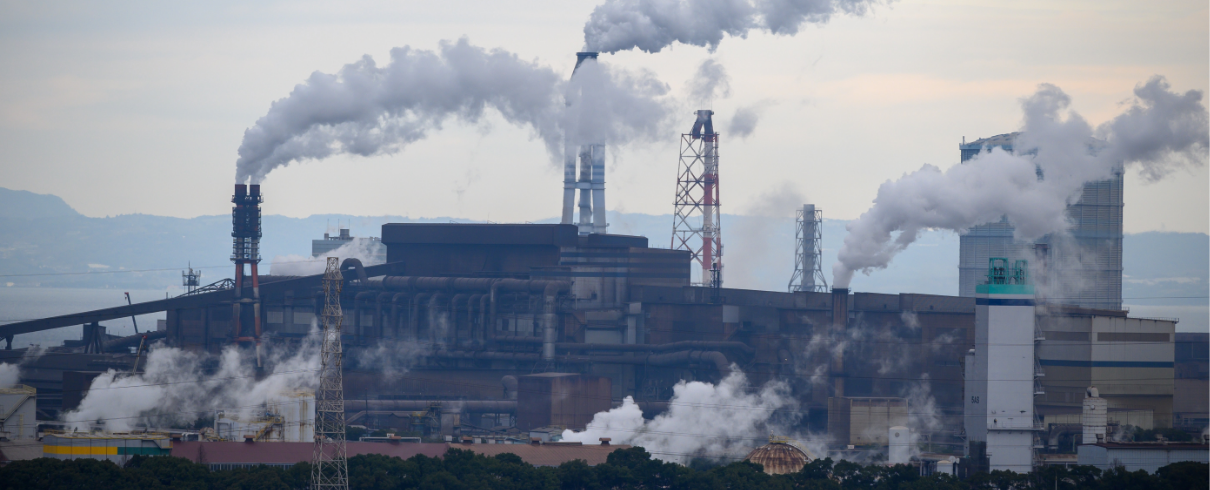
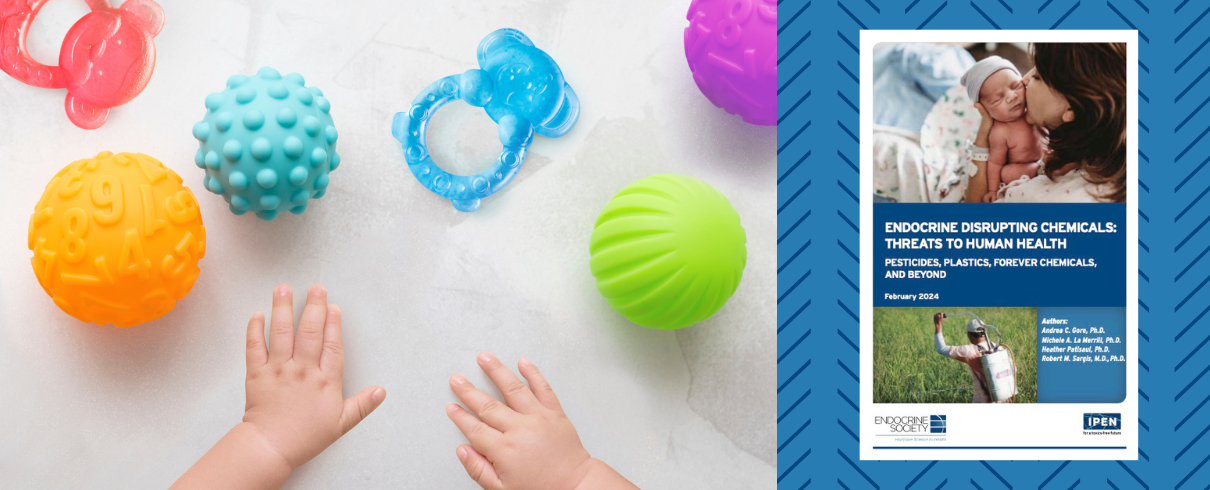
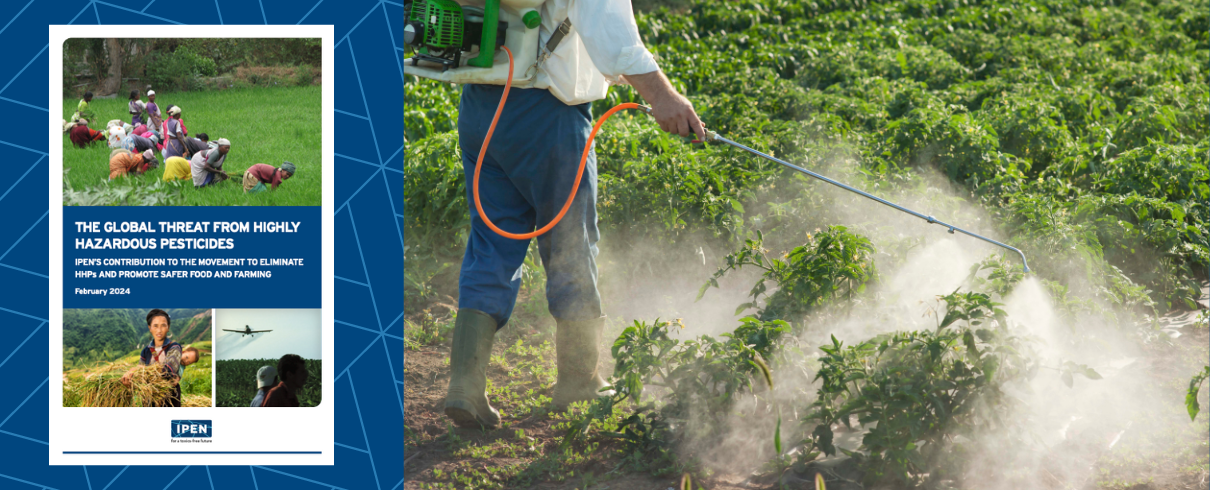
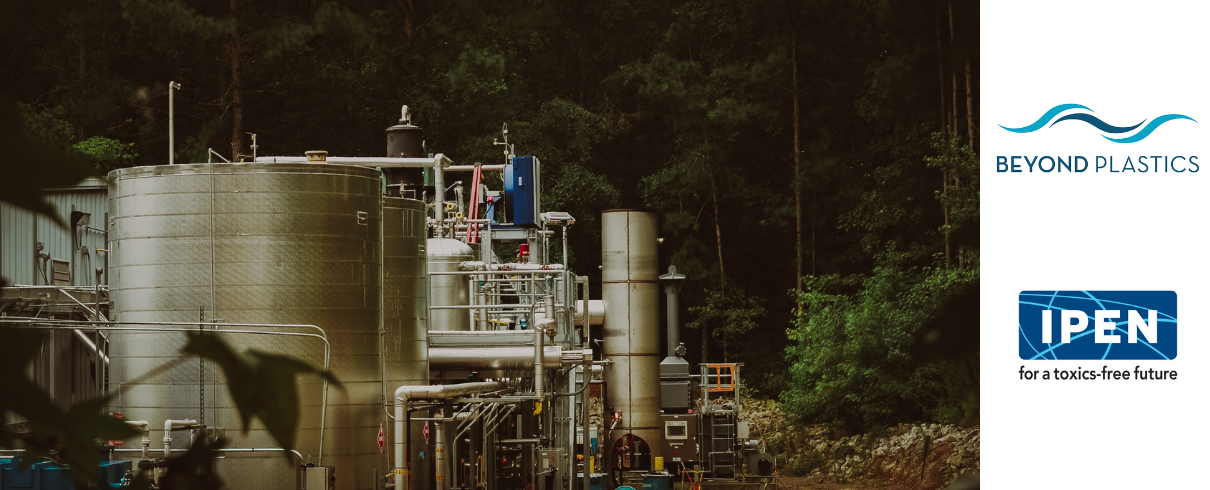
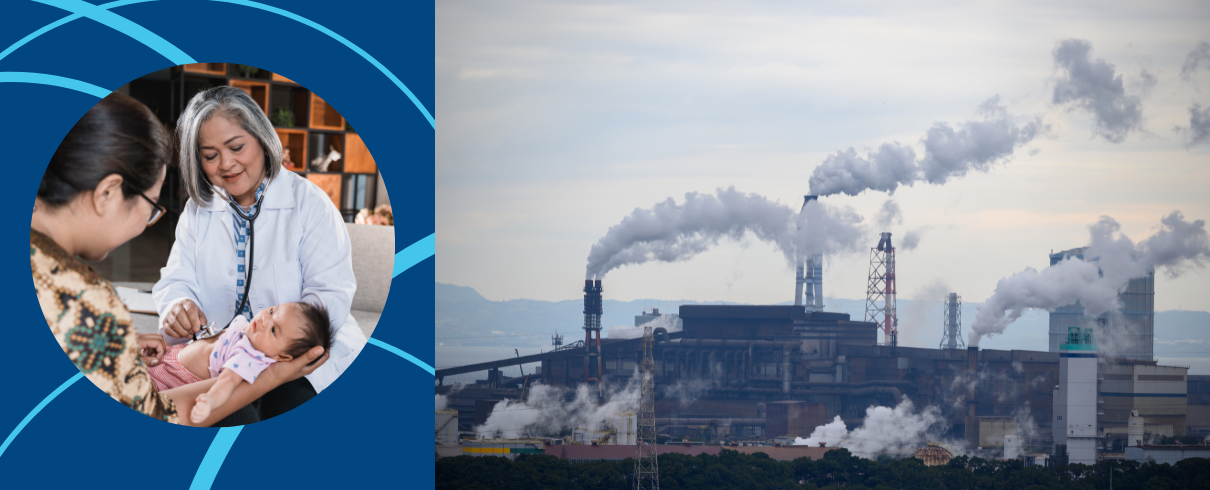

See all of our resources and updates on the Plastics Treaty INC-3 on our StopPoisonPlastic.org website.
IPENers Back Accelerated Elimination of Lead Paints to End Childhood Lead Poisoning
Participating organizations (POs) of the International Pollutants Elimination Network (IPEN) are taking part in the 11th edition of the annual International Lead Poisoning Prevention Week from October 22 to 28 that will put the spot light on lead, a major toxic threat to public health. With the end goal of protecting the health of children and other vulnerable groups such as women of reproductive age and workers, the POs will engage government, industry, and civil society stakeholders, as well as the media, to urge the authorities to adopt strong lead paint control instruments or push for effective monitoring and enforcement mechanisms in countries with existing lead paint laws.
IPEN is a member of the Advisory Board of the Global Alliance to Eliminate Lead Paint, a joint program of WHO and UNEP and convener of ILPPW. Since 2009, work conducted by IPEN, its member groups, and collaboration partners in the Alliance has ended manufacturing and selling lead paints by many companies, influenced the development of new regulatory controls in several countries, and supported stakeholders with tools they need to effect change.
Unfortunately, lead paint continues to be used in the majority of countries around the world. To move swiftly toward ending the use of lead paint, IPEN calls for national actions to adopt regulations banning the use of lead in all paint, and for listing of lead chromates, the pigments used in lead paints, under the Rotterdam Convention.
During ILPPW, IPEN POs will face the press, dialogue with policy makers, reach out to corporate executives, raise awareness and influence public opinion through the social media and other means in support of the global phase-out of paints containing lead additives. Some POs will use the occasion to advocate for the listing of lead chromates under the Rotterdam Convention’s prior informed consent (PIC) procedure to control the international trade of these most common lead-based pigments and the paints containing them.